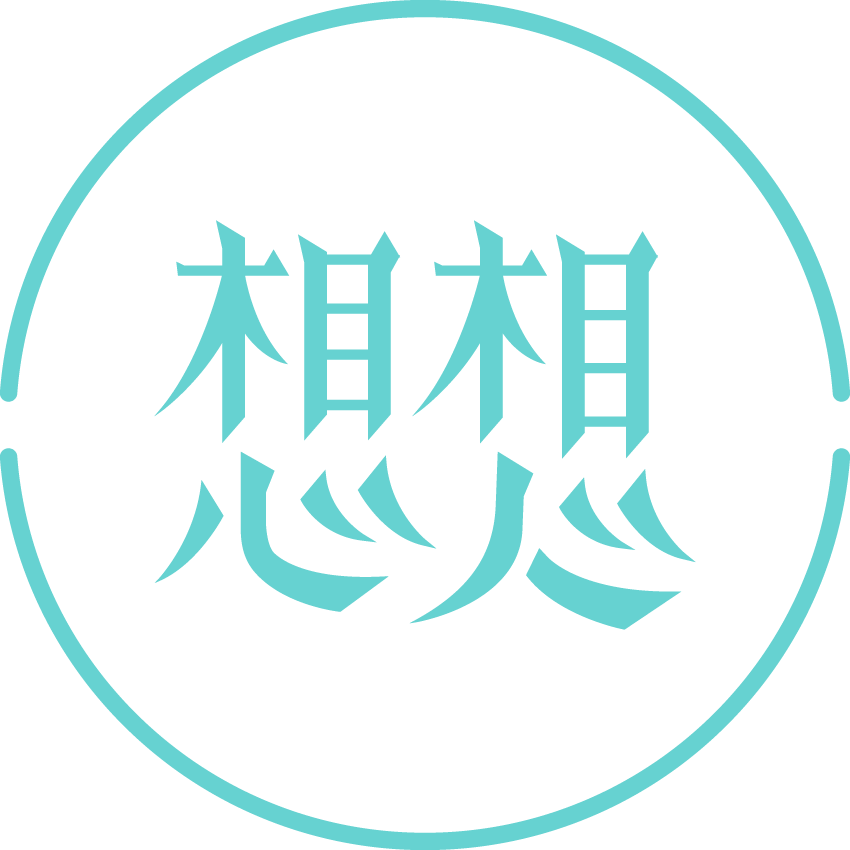想想英文編輯
英文想想論壇正式於5月6日開站,英文想想論壇是接連台灣與國際社會的平台,英文想想邀請國內外資深作家、學者及評論家,也鼓勵台灣新一代的意見領袖發表他們對台灣的看法。為了讓想想讀者認識英文版想想論壇,們在此先簡單介紹五篇文章,供讀者認識英文版想想論壇的內容。

圖說:在美國密西根州的台灣學生聲援反服貿行動。圖片來源:大紀元時報
‘Not a moment too soon!’
Jerome A. Cohen’s article for the launch of Thinking Taiwan is nothing but fitting.
It is clear that in the face of political distrust and economic stagnation, Taiwan has become docile no more. Civil society is finally, after decades of martial law, finding its own voice and forging their own hopes and aspirations for Taiwan’s future.
As an outlet for these voices, we believe that Thinking Taiwan arrives at an opportune time. A growing chorus of rising young voices join seasoned Taiwan experts in offering views and perspectives about Taiwan often dismissed or overlooked by the international media.
Here we give a brief introduction of the top five stories currently trending on the site:
This article for the launch of Thinking Taiwan by Jerome A. Cohen explores the need for an impartial platform for ‘objective news and stimulating views’ surrounding developments in Taiwan.
Cohen, a law professor at New York University that used to instruct President Ma Ying-jeou at Harvard, notes that a series of cross-strait rapprochement has lulled the world into complacency regarding the growing fears in Taiwan about Chinese control over the country.
This will likely be exasperated due the more substantial difficulties cross-strait ties (‘the low-hanging fruit of economic cooperation had already been gathered during Ma’s first term’, Cohen states) will face, both politically and economically, in the future.
With this in mind, he concludes by noting the importance of an impartial platform such as Thinking Taiwan to address the complex developments surrounding the island. Not only, he states, will this make a contribution to international politics, but also the 'preservation of Taiwan’s democracy.'
Attorney Clarence Chou uses this piece to discuss participation by lawyers in in public interest cases, such as the controversy over wind farms and land seizures in Miaoli as well as the demolition of the Huaguang Community in Taipei.
He starts on an optimistic note. More than a thousand lawyers signed a petition last August concerning the abuse of official power during the land seizures in Dapu, Miaoli. Furthermore, about 400 lawyers provided pro bono services to members of the Sunflower Movement.
But he acknowledges that there is much more that needs to be done.
Salaries, Chou says, have dropped rapidly in recent years, increasing the financial barrier for rookie lawyers to do pro bono work. Second, the low pay of legal aid cases mean that most lawyers generally do not pay much attention to them. Third, Taiwan does not have an equivalent to the American Civil Liberties Union (ACLU) that focus on public interest cases.
These are issues, he notes, the legal community will have to address.
New Editor-in-Chief J. Michael Cole, in his inaugural piece for the website, revisits the police crackdown in the early hours of March 24.
On the day, thousands of students had broken past barriers to stage a sit-in at the Executive Yuan, only to be forcefully evicted hours later by hundreds of riot police.
The example is used by Cole to contrast between Taiwan and China; the latter which, he notes, ‘remains a harsh, traumatized country where life is cheap’ and where society will not hesitate to resort to violence if their interests are threatened. Instead Taiwan, he notes, continues to hold a very low threshold for what constitutes ‘acceptable violence’ and brutality.
This is indicative, not of innocence, he says, but of its past traumas, and more recent successes in peaceful democratization. This, Cole adds, is something to be cherished.
This piece is an introduction by Dr. Tsai Ing-wen, whose foundation has funded both the English and Chinese-language versions of Thinking Taiwan.
She notes the extraordinary events that have been in play in Taiwan over the past two months have reminded the world not only of Taiwan’s presence, but also the trust and respect that Taiwanese have towards their democratic and social values.
Thinking Taiwan, she says, is an effort to amplify those voices to show the international community a ‘different side of the story’ from mainstream news. She notes that the platform will continue to foster a new generation of opinion leaders to ‘bring their perspectives into the spotlight.’
Another piece by J. Michael Cole deals with how civil groups continue to use technology to keep Taiwan’s elected officials accountable, even amid the backdrop of public distrust in government.
He notes that a new website – www.pridewatch.tw – has been established by the Lobby Alliance for LGBT Rights as a counter to conservative groups who, as he notes, ‘for ideological or religious reasons,’ are blocking a bill to legalize same-sex marriage.

(英文版想想論壇網址:http://thinking-taiwan.com/)

